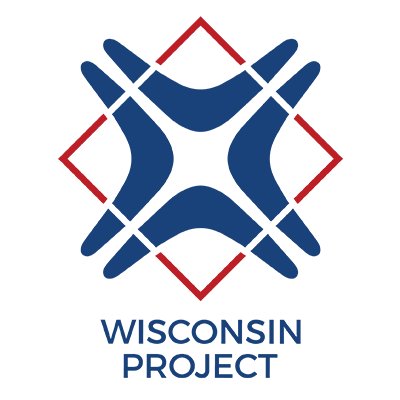The Wisconsin Project carries out research and education designed to inhibit the spread of nuclear, chemical, and biological weapons and the missiles to deliver them. Founded in 1986 in cooperation with the University of Wisconsin, the Project is a non-partisan organization with 10 full-time staff operating in Washington, DC. The organization’s mission is to reduce the risk that global trade will accelerate the proliferation of weapons of mass destruction. Through open-source research, the Project identifies people and companies linked to proliferation and sanctions evasion, maps proliferation networks, and publicizes transactions involving these entities or controlled goods. The Project also works with governments and exporters around the world to strengthen compliance with national export restrictions and international agreements.
A Scoville Fellow would contribute to the research on proliferation networks described above to support the Project’s two principal programs: the Iran Watch website and the Risk Report database. Specific research areas would be identified on a monthly basis and could include any of the following: mapping entities facilitating financial transactions on behalf of North Korea; reviewing export enforcement cases for information about the procurement of controlled US technology by Chinese and Russian individuals; or identifying front companies and brokers used by Syria for the procurement of chemical weapons. This research would be used to build profiles of entities of concern for the Risk Report and could also contribute to public-facing reports or articles for the Project’s website and/or a relevant publication. Through this research, a Scoville Fellow would gain an in-depth knowledge of nonproliferation-related sanctions, the varying penalties of different U.S. sanctions authorities as well as sanctions imposed by countries around the world.
A Scoville Fellow may also be given the opportunity to participate in a Risk Report training trip to one of the Project’s 40 partner countries. Recent trainings have been conducted in Thailand, Kenya, Jordan, Argentina, and Oman.
In addition, a Scoville Fellow could support the Project’s public policy work on Iran by writing reports for Iran Watch and helping to organize private roundtable discussions, podcasts, and briefings. To support the Project’s outreach on strategic trade controls, a Scoville Fellow could research a country’s compliance with the requirements of UN Security Council resolution 1540 or design scenario-based exercises for training events organized by the Project.

